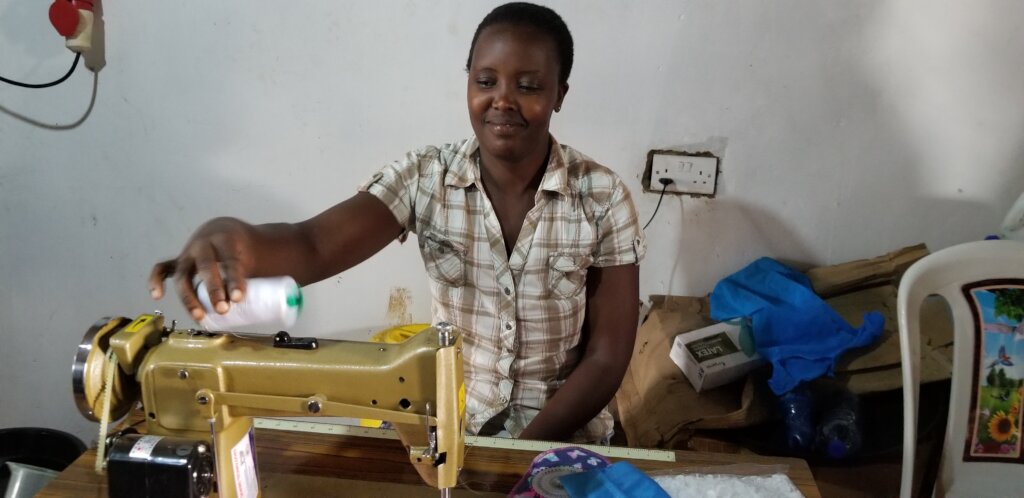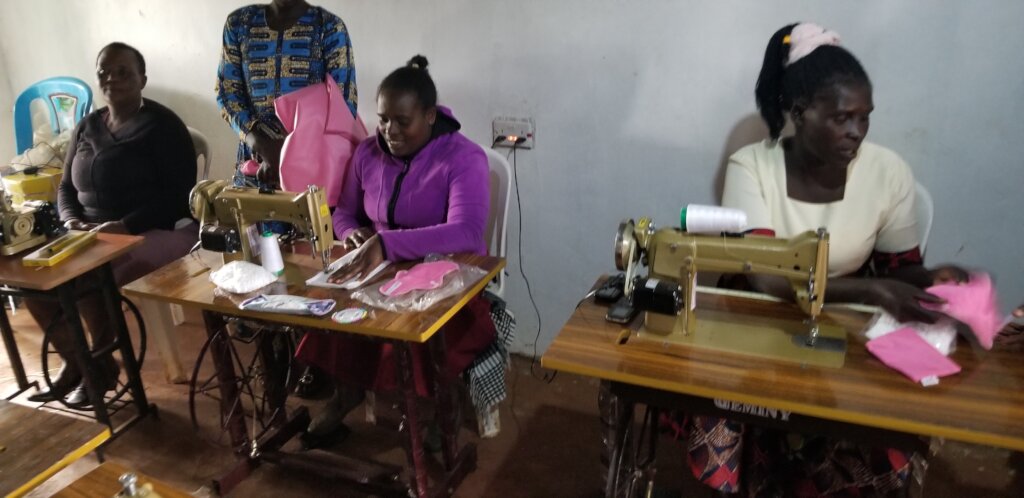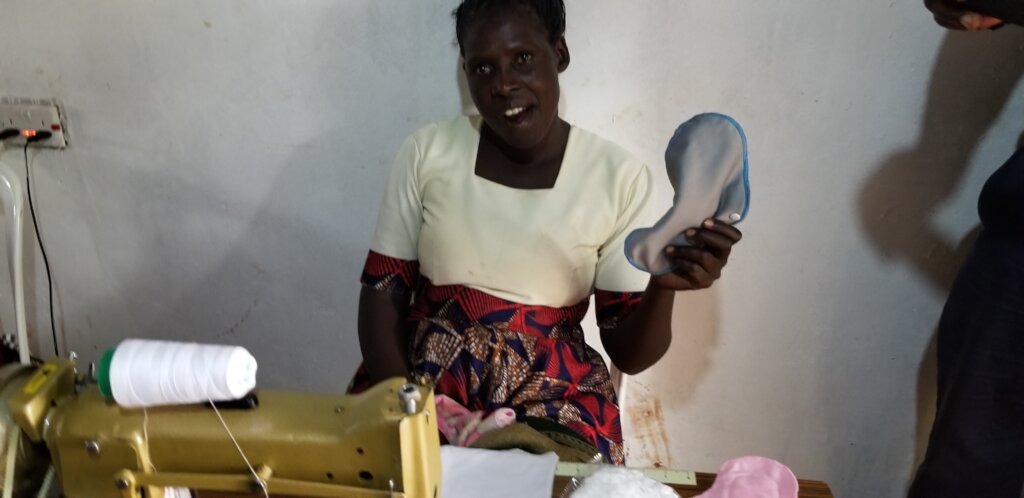By Peter Serete | Program Coordinator
The Kakuma women sewing project has been facing challenges, due to limited financial support that has hindered effective efforts by refugee women, the struggle and inadequate sustainability of self-financing to ensure that there are improvements at the sewing school to be self-dependent has been of concern. Refugee depend on aid one hundred percent, overcoming resistance and fostering a culture of openness to change has been difficult especially when learning new practices that do not bring resistance to change. In our last meeting members felt lack of ownership of the project sighting insufficient participation from key stakeholders and individual. Mismatched expectation between the desired outcome and what is realistically achievable has led to many women disappointment, for example last year December, women made at least 15 new clothes for women and children in the camp expecting to sell during charismas, unfortunately they only sold two which has discouraged them. With support from our donors through Global-Giving, we have started a capacity building to enhance new skills through training and mentorship to build confidence, networking with Kenyan women and meeting experts in other fields, we have trained five refugee women in making reusable sanitary towels and they will be training their fellow women in the camp. Each project has unique challenges. Factors such as trauma, political instability back to home countries of refugees, and harsh environmental conditions in the camp has a negative impact capacity building effort. Measuring progress and assessing the impact of the sewing project has been an eye opener and women in the camp are currently leaning new skills and technology in both sewing reusable sanitary pads and soap making. Also, with help of Transforming community for Social Change we are ddeveloping effective monitoring and evaluation mechanisms to measure both short- and long-term impact, this will help the refuge women access to relevant training programs and skill development opportunities which has been hindering capacity building efforts. This year, we will continue to empower women in the camp and use available resource that will enable the sewing project be a self-financing so that the project can be able to pay the two teachers and get more sewing machines.
Project reports on GlobalGiving are posted directly to globalgiving.org by Project Leaders as they are completed, generally every 3-4 months. To protect the integrity of these documents, GlobalGiving does not alter them; therefore you may find some language or formatting issues.
If you donate to this project or have donated to this project, you can receive an email when this project posts a report. You can also subscribe for reports without donating.
Support this important cause by creating a personalized fundraising page.
Start a Fundraiser

